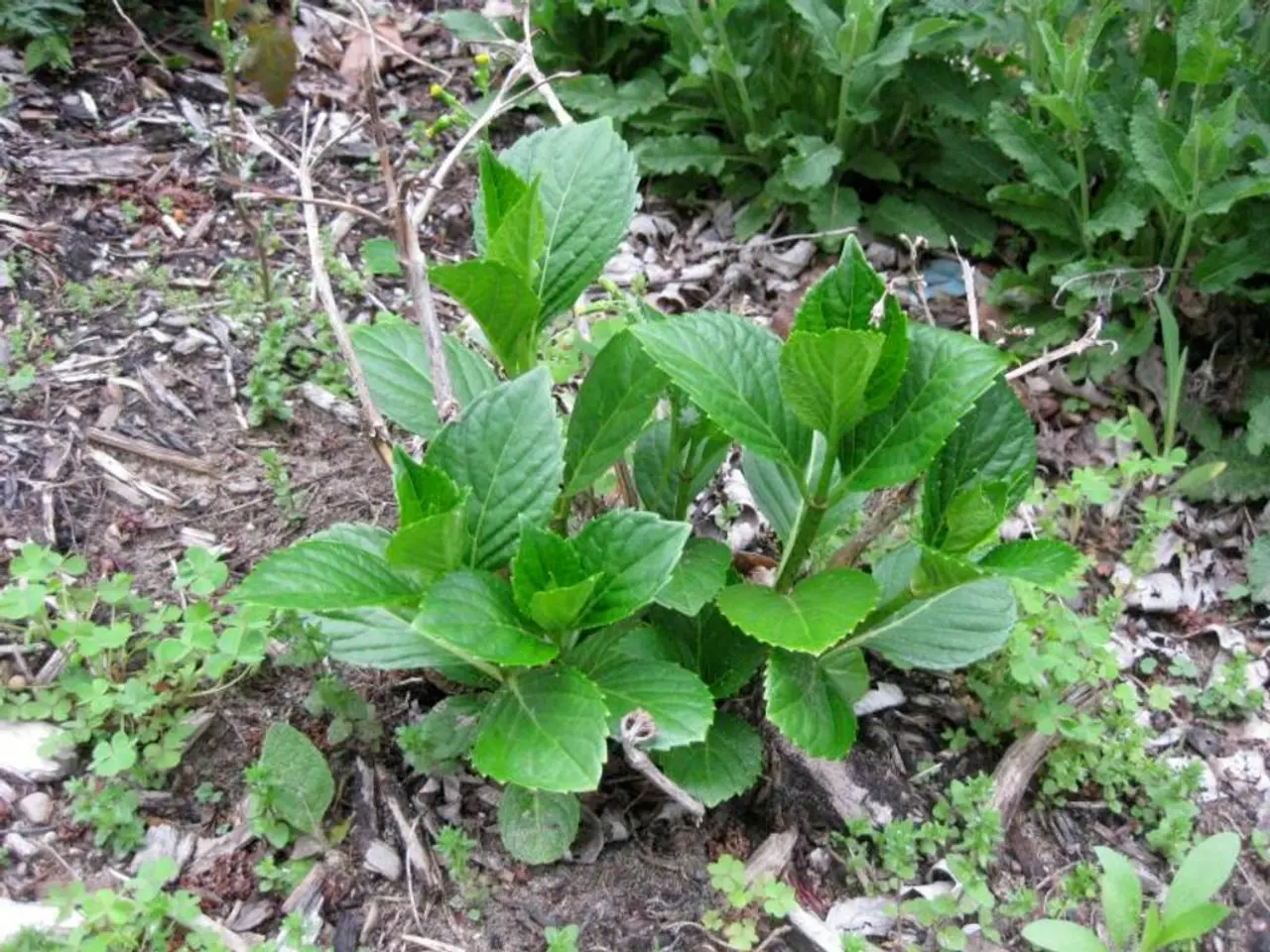Exploring Natural and Traditional Methods to Combat Seborrhea and Hair Loss
In the ever-evolving world of beauty and personal care, a new trend is emerging that seamlessly blends ancient botanical wisdom with modern scientific formulations. This movement, known as botanical beauty, is gaining significant traction, particularly in the realm of hair care.
One of the key components of this trend is the resurgence of interest in Ayurvedic properties. Ayurveda, an ancient Indian medical practice, boasts a rich heritage of herbal formulations targeting hair growth, scalp health, and strength. Ingredients such as saw palmetto, a natural DHT blocker, are being integrated into modern hair care for benefits like reducing hair thinning and promoting growth.
The fusion of traditional botanicals and modern science is not just limited to Ayurveda. Fennel, a native European plant, has long been used by Ayurvedic practitioners as a digestive and diuretic tonic, and as a soothing seborregulator. Its astringent activity, due to its tannin content, acts as a sebum secretion regulator, making it an ideal ingredient for addressing issues like seborrhea and hair loss.
The growth of this botanical beauty trend is driven by a shift in consumer preference towards natural, plant-based ingredients, clean beauty, and sustainability. Consumers are increasingly demanding hair care products featuring plant-derived nutrients that support hair health naturally. For example, the rising popularity of biotin supplements derived from plants aligns with the 2025 trend of clean, sustainable beauty practices.
This trend also intertwines with holistic wellness, where consumers engage in biohacking and data-driven health routines, including preventive care rather than reactive treatment. This mindset encourages creating long-term hair care habits using botanical and Ayurvedic supplements, supported by scientific evidence and technological innovations that track personal progress.
Provital, a leading beauty ingredient supplier, has become the first to obtain an International Certificate of Compliance with the Nagoya Protocol, ensuring fair and equitable sharing of benefits from the use of genetic resources and traditional knowledge. This commitment to an ethical supply chain that respects traditional knowledge is crucial in the development of these products.
The "back to the roots" trend is driving a revival of traditional medicine in the market. Brands are experimenting with products that use traditional knowledge and medicine, particularly plant-based ingredients from traditional medicine. Consumers in countries like Indonesia, the Philippines, and Singapore place a high value on historical heritage, local culture, and traditional values, making them prime markets for these products.
In conclusion, the contemporary hair care market is witnessing a fusion of ancient botanical wisdom, especially Ayurvedic herbs, with cutting-edge scientific formulation and wellness personalization. This creates products that are effective, sustainable, and catered to individual needs, driving the ongoing growth of botanical beauty in 2025 and beyond.
[1] Clean Beauty Trends to Watch in 2025: https://www.byrdie.com/clean-beauty-trends-2025-5982436 [2] The Rise of Personalized Wellness: https://www.healthline.com/health/personalized-wellness [3] Ayurvedic Hair Care: Ancient Wisdom for Modern Times: https://www.mindbodygreen.com/articles/ayurvedic-hair-care-ancient-wisdom-for-modern-times
- The fusion of ancient Ayurvedic wisdom, such as the use of saw palmetto for hair growth, with modern scientific formulations in hair care products represents the growing interest in clean, sustainable beauty practices that align with the 2025 trend of holistic health-and-wellness.
- Consumers in markets like Indonesia, the Philippines, and Singapore value historical heritage, local culture, and traditional values, making them prime markets for skin-care and nutrition products that incorporate traditional botanicals, such as fennel, in their formulations.








